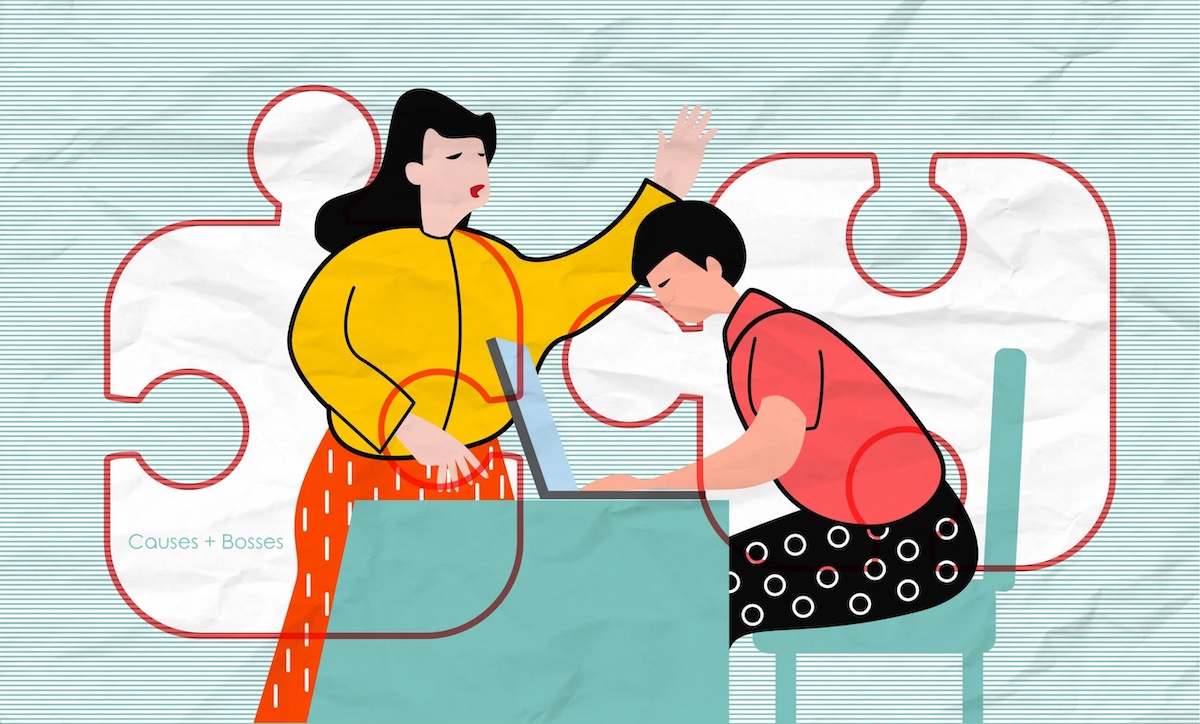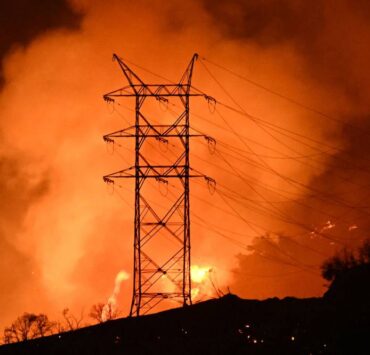Human economics

In studying economics, we are taught about scarcity—our time, energy, and basically, all financial and nonfinancial resources are not infinite. We sacrifice opportunity costs, typically the second-best options, for what we believe is the best, to maximize efficiency. But, human nature is not as simple as this; we often mourn for the second-best option because we ought to be rational, but at the end of the day, “irrational” yet options full of love are what make us humans.
Growing up in the province of Nueva Ecija, I had to leave my everyday life of riding a tricycle, passing by the farms filled with fresh air, and simplicity and familiarity with everyday set-up and people to expand my horizons and see what is waiting in the strange halls of Metro Manila. Up to this point, we see the disparities between the education system between the metro and the province—with the former offering more opportunities within and outside academics, the latter often suffering from underfunding and systemic habits that are long due and should have been addressed years ago.
However, on the optimistic side, it is an opportunity to battle things I had not faced with such comfort. I learned to know people, establish friendships, tackle paths no one could teach me at first as I knew no one, experience my first time cooking, get lost and use Google Maps while hiding my phone to avoid getting snatched, and experience homesickness that I had to overcome all alone in my condo.
No one taught me to move on from a low score as I didn’t experience it back then and now, I’m alone in my room. No one taught me how to live here as the first in my family to be in this school. My parents try their best to send me allowance and sometimes, food, but I admit that life in Metro Manila has been full of silent battles and breakdowns all for the prestige of being in a “Big 4” university.
I left the version of me who, out of deep passion and love, represented his province in the regional science fair, but now, even my next meal is a question. I left the version of me who passionately wrote editorial articles’ now, I try my best to be optimistic as I don’t want to be the first to demotivate myself. I left my friends, whom I know will always wait for me, with the sadness that I skipped my best friend’s debut because of a schedule conflict. I left my grandmother whose life cannot be expected to be infinite, and whose sisters unfortunately passed away which makes me afraid that we might be running out of time.
Now that I have been taking college entrance tests, the reason why I would like to stay in Metro Manila is hope. The hope that the sacrifices and sleepless nights will pay off. The hope that opportunities in Manila could help me champion my advocacy of bridging scientific innovations to the beneficiaries as researchers are often left undervalued and research is usually underfunded. The hope that everything will be fine in the end. The hope that we pay back to those who make us who we are. The hope that we will continue to overcome bumpy roads that give us unexpected lessons and even let us meet inspiring and loving people, the people who make a distant place from home our home, and the people who shape us and believe in us when we do not.
Hopefully, people will not see transferees from the province like me, or any other human being including themselves, as machines who ought to choose the best option and just move forward. Sometimes, we mourn over the second-best option despite the first being clearly beneficial often involving deep love for the things we sacrificed for the things we “needed more.”
As much as economics teaches us to be efficient—let go of factors that let us down like “technically time-consuming emotions,” may we find ourselves fully embracing our emotions. May we choose to grieve for versions of ourselves that no longer exist because we choose to experience pain for us to grow. May we mourn over our former life because economics teaches us that the death of the former us can give way to the new us—that both cannot coexist all the time.
But may we remember that the economics of humans is different from the economics of money. As much as economics teaches that artificial intelligence can increase factors of production efficiently, may we remember that we are better than AI; we are humans with stories to tell, with fire and advocacy a robot may not have, with a heart that chooses to love ourselves by seeing ourselves grow even uncomfortably. May we celebrate the fact that we can love, even if it brings pain, as it takes us to places.
—————-

















